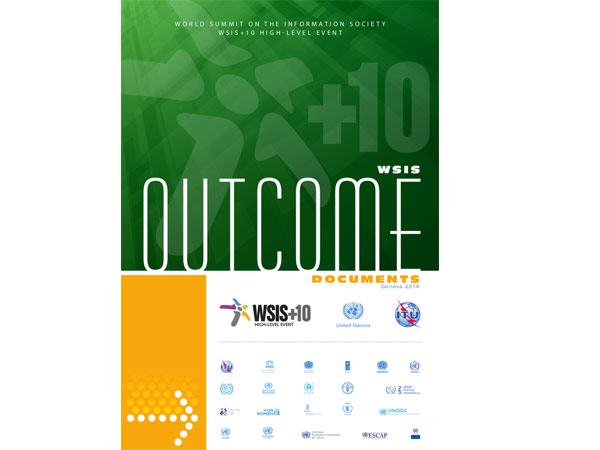1. Achievements
UNESCO has played a leading part, within the international community, in promoting media freedom and freedom of expression including on Internet, in building the capacity of journalists and media organizations, and in developing understanding of the interaction between traditional and new media. Its work in this area is described in Part 3 of this report. In particular, working with its partners in the Action Line, UNESCO has:
vigorously advocated for the value to society of upholding the right to freedom of expression, and the associated media freedom, independence and plurality in print, broadcast and the internet;
established benchmark Media Development Indicators for assessing media freedom and independence and comparing media environments country by country;
published landmark studies of the impact of the Internet and social media on traditional media, on freedom of expression and on privacy;
strongly supported the safety of journalists, as lead agency for a United Nations Plan of Action, and developed indicators on safety;
developed indicators for gender equality in media employment and content;
built the capacity of journalists, media organizations and governments to promote free media and freedom of expression; and
developed a new concept of Knowledge-Driven Media Development to take the media sector forward into inclusive Knowledge
Societies
2. Challenges
The overarching global trend with respect to freedom of expression and media development in the past years is that of disruption brought on by technological convergence and the development of the Internet and mobile technologies. These meant a spreading of media platforms and also an augmented freedom of expression. Challenges include, however, problems of media concentration and media convergence, also leading to new threats to freedom of expression and to privacy, including the protection of journalistic sources and processes.
Threats include unprecedented data-mining, filtering and surveillance capabilities, enabled through digitized media, while exclusions related to the digital divide become more multifaceted.
The safety of journalists has attracted more attention at the global level, but casualties have continued to rise and impunity for the killers of journalists has remained as the predominant trend and one of the
continuing challenges for the Action Line Media.3. Recommendations
The nature of media will continue to change rapidly, with the development of more online alternatives to traditional media and continued expansion in opportunities for expression, including citizen journalism.
New opportunities for media freedom are likely to be met by new types of violation of that freedom, including blocking and filtering of online content and the inappropriate use of surveillance and data mining techniques. New initiatives should be taken as following:
– Consider Internet a core issue which has profoundly impacted media’s scope, reach and richness, as well as its breadth of direct stakeholders and its sustainability. An expanded role of media and new media based on Internet /mobile and digital platforms as promoted by WSIS Action Line C9, is more valuable than ever, in fostering transparent and good governance and contributing to rights-based and sustainable development goals of the post-2015 agenda.
– Develop consolidated ICTs-media policy frameworks based on multi-stakeholder strategies (between governments, private sector and civil society organizations) in the areas of Freedom of expression, safety of journalists and bloggers as well as media development.
– Address the balance between online freedom and other rights such as privacy, as well as the increased complexity of defending freedom of expression, the safety of journalists, and the advancement of media development in the digital era.
– Defending public service media practice and developing community media (both on and offline) need to be further explored.
– Continue the ongoing multi-stakeholder consultative and participatory process for updating post- 2015 strategy and formulating a coordinated strategy with stakeholders including UN agencies on the implementation of Action Line C9 media feeding into post-2015 development agenda.
Ref: http://www.itu.int/wsis/review/inc/docs/phase6/v/r/wsis10-5-3.pdf
